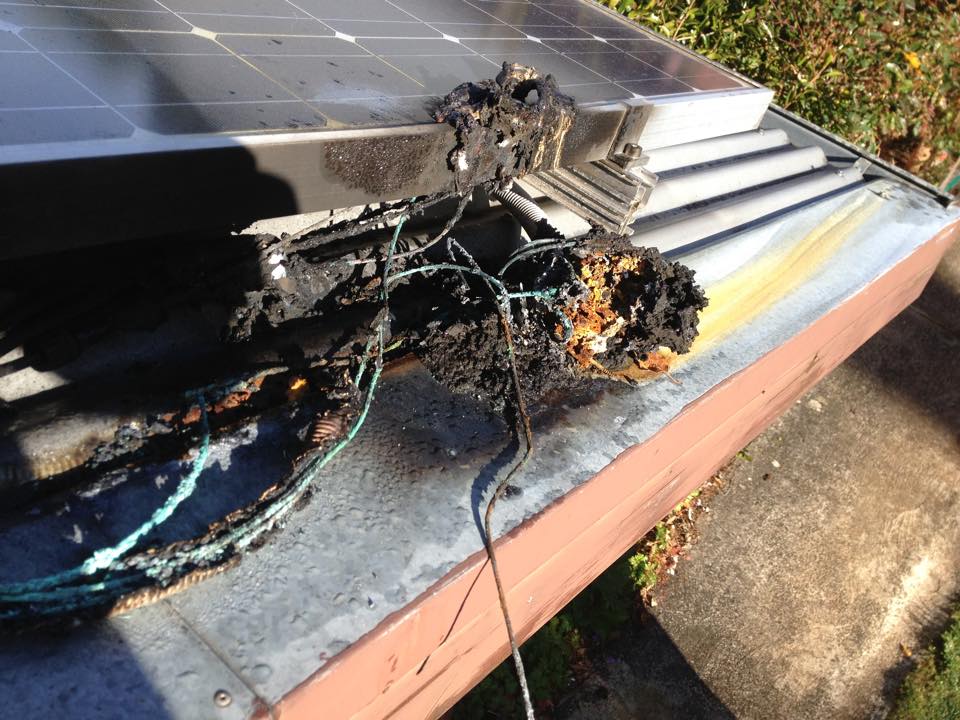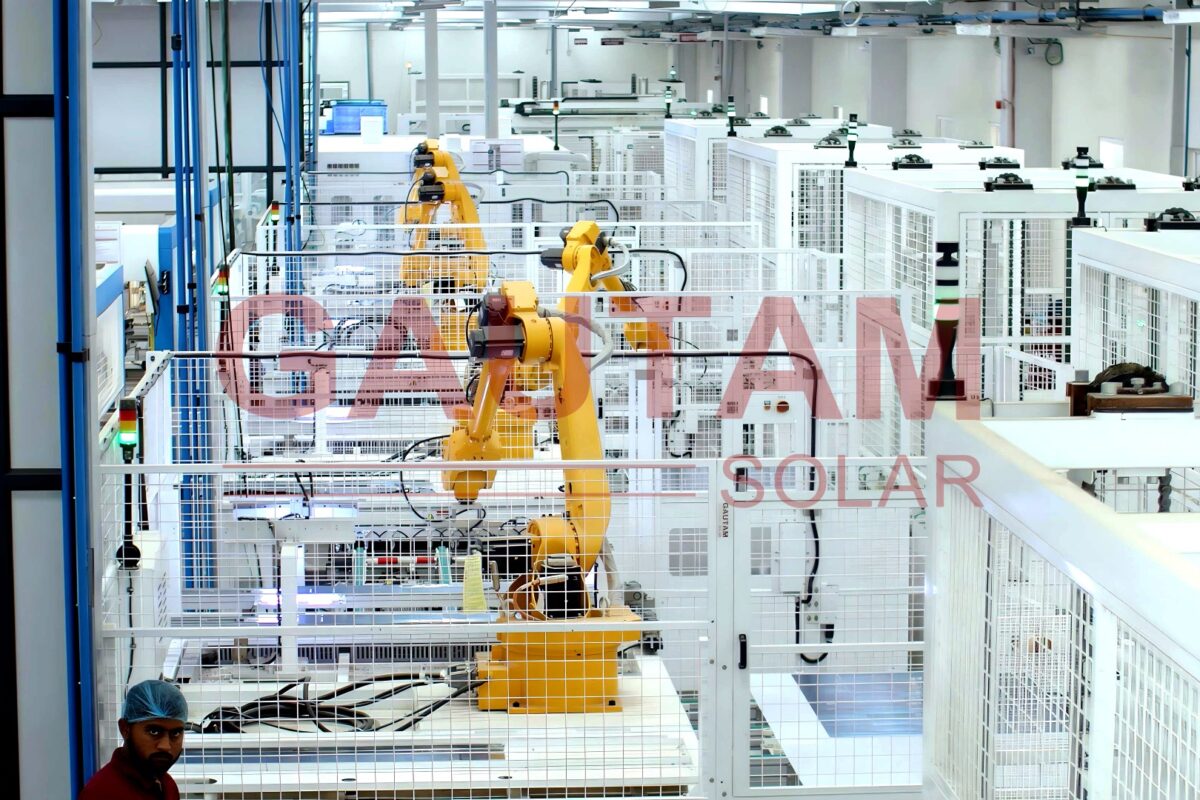Fire incidents caused by DC inverters in rooftop solar installations have increased sharply over the last 12 months in Australia, according to data gathered by the ABC.
In the Northern Territory this year, 11 fires have been caused by DC isolators, compared to just four in 2022. The state of Victoria saw 27 fires caused by isolators in the last financial year, up from 15 the year before. Meanwhile, Queensland had 11 last year, and Western Australia had 14 fire incidents caused by DC isolators. The Australian Capital Territory had at least one incident in the last year, while New South Wales authorities did not respond to requests for data. No data was shown for Tasmania.
Until 2021, Australia mandated DC isolators be part of every system. It was the only country to have such a requirement. After industry experts lobbied against the use of DC isolators, saying they actually made systems more vulnerable to fires and faults, the mandate was finally abandoned in November 2021. Since the requirement for DC isolators was only revoked in practice six months later in mid-2022, most solar installations on Australian rooftops will have DC isolators.
A spokesperson from Energy Safe Victoria told the ABC that a key driver in the increase in fire incidents was a lack of servicing of rooftop solar systems. He said that their research showed that although people with photovoltaic installations on their roofs understand the importance of servicing, they still don’t do it.
While existing laws recommend owners have their PV system inspected regularly and annually for system components like DC isolators, regular inspections are not required under state and territory electrical safety laws.
As pv magazine reported in November 2021, another disadvantage of isolator components is that they can degrade from environmental exposure. This can be due to specific installation methods and product types, increasing the likelihood of water ingress and ultraviolet radiation damage. This was again reflected in the accounts of those experiencing the fires in a report broadcast by the ABC yesterday. In 2021, pv magazine concluded that DC isolators may need to be replaced within the life of the panels of a PV system.
NT Worksafe has now issued a safety warning and advised people to check their solar installations – especially to make sure that DC isolators were not on or near wooden surfaces.
This content is protected by copyright and may not be reused. If you want to cooperate with us and would like to reuse some of our content, please contact: editors@pv-magazine.com.








By submitting this form you agree to pv magazine using your data for the purposes of publishing your comment.
Your personal data will only be disclosed or otherwise transmitted to third parties for the purposes of spam filtering or if this is necessary for technical maintenance of the website. Any other transfer to third parties will not take place unless this is justified on the basis of applicable data protection regulations or if pv magazine is legally obliged to do so.
You may revoke this consent at any time with effect for the future, in which case your personal data will be deleted immediately. Otherwise, your data will be deleted if pv magazine has processed your request or the purpose of data storage is fulfilled.
Further information on data privacy can be found in our Data Protection Policy.